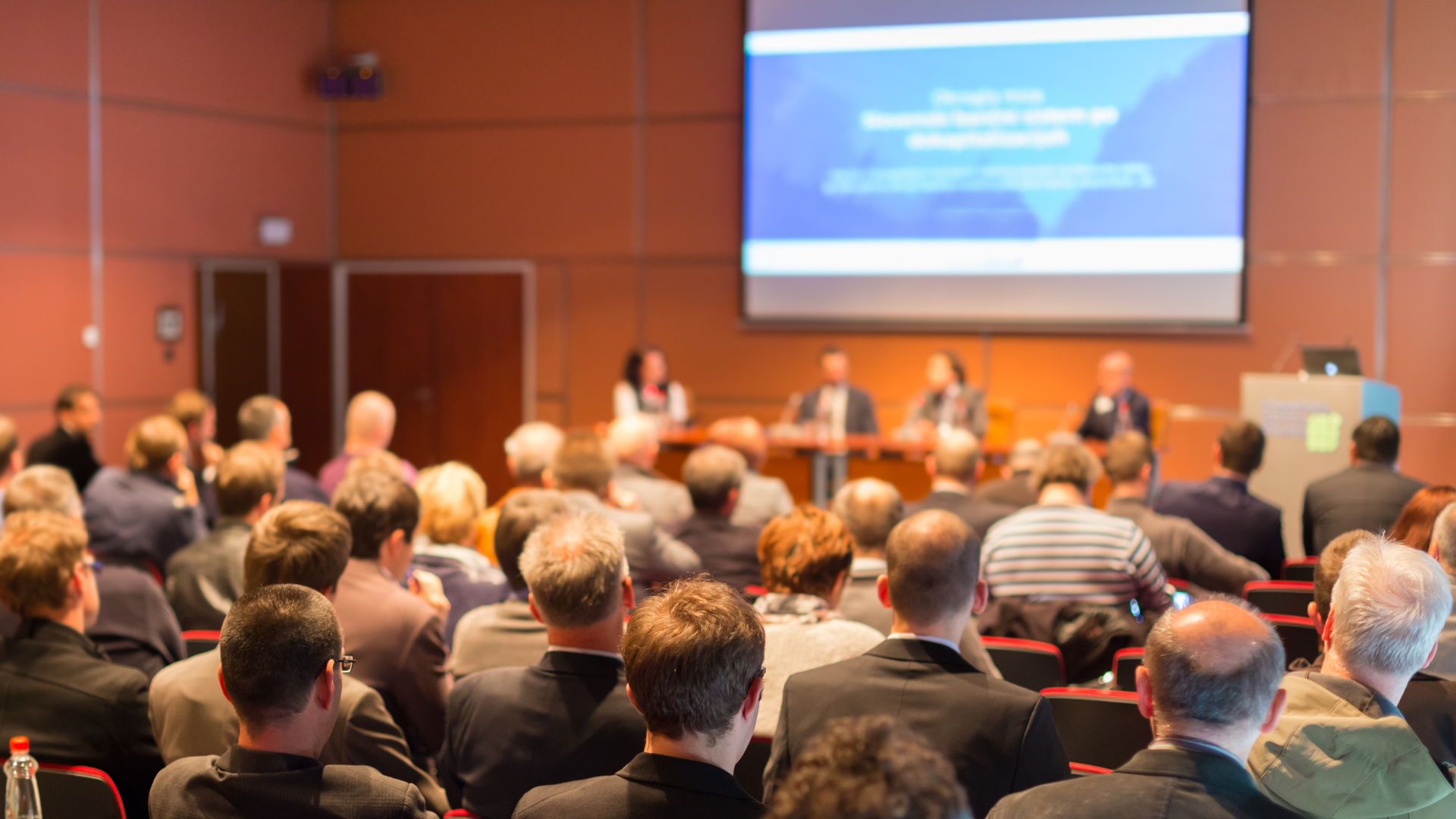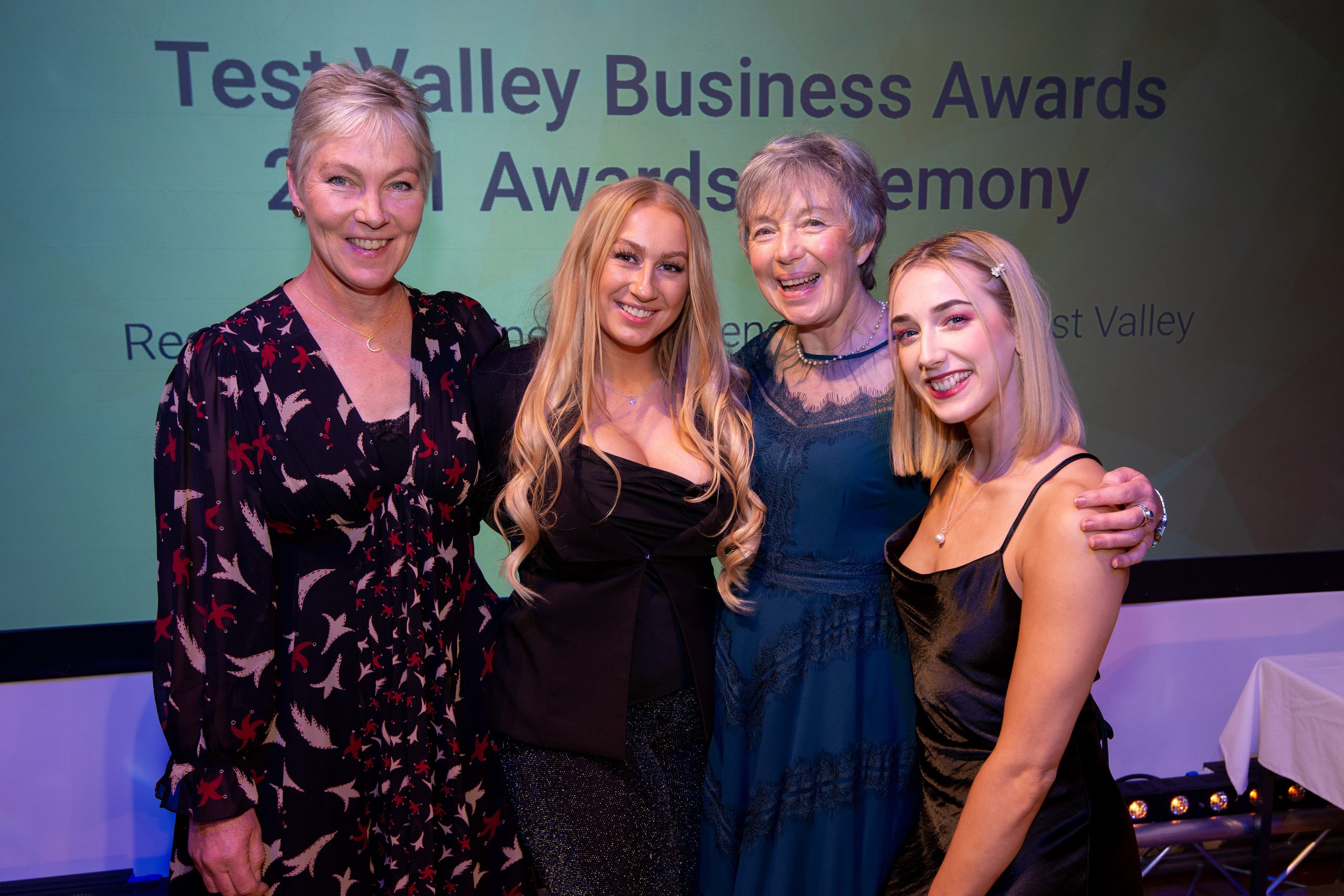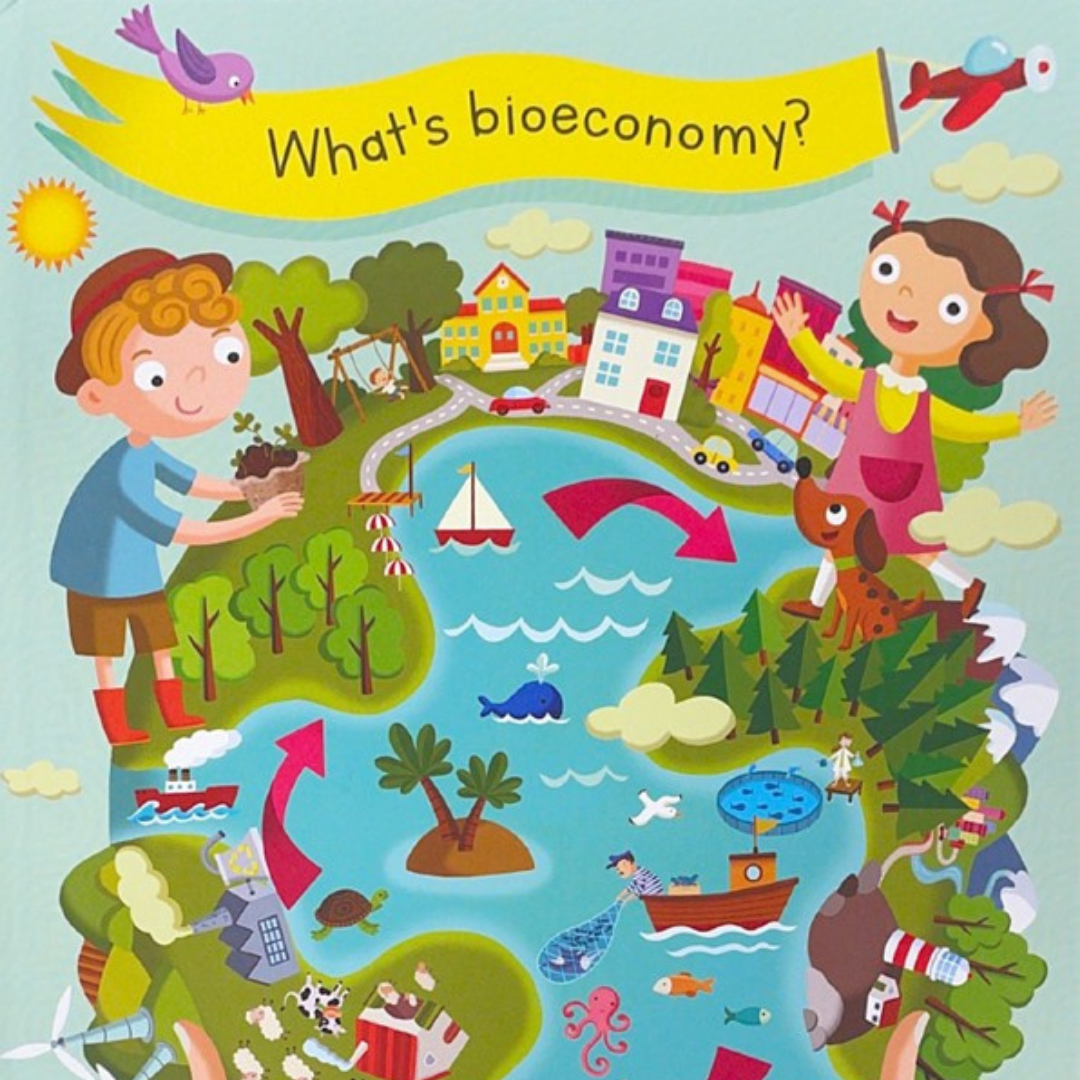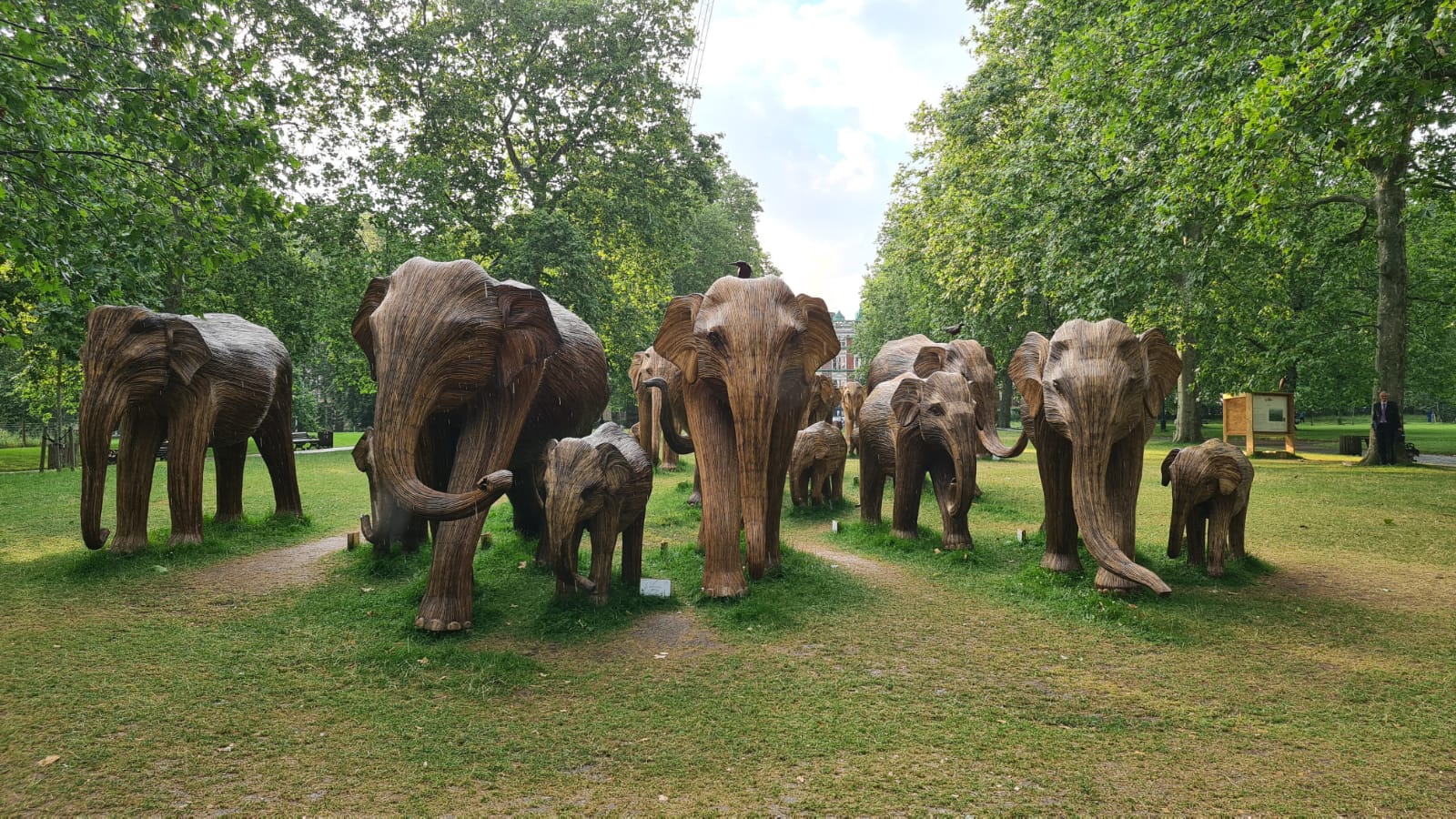Christmas – culturally diverse and sustainable celebrations Szilvia Newell, Office Manager at Minerva, explores and explains Hungarian and British traditions 5th December 2023 The holiday season is a time of joy, love, and celebration. It is also a time when people around the world come together to celebrate various cultural and religious traditions. While Christmas […]

Why must society wait for disaster to trigger rapid change?
By Mimi Saville
April 2017
A newly published study “How did we do that? The possibility of rapid transition” has shown that humans possess the ability to make rapid societal change when faced with disaster. The study, published by the New Weather Institute and the STEPS Centre funded by the UK’s Economic and Social Research Council, draws from events throughout history to demonstrate that society, when put under pressure by disasters, is capable of making the significant changes needed to alter the world around us.
Andrew Simms and Peter Newell, the two British authors, use historical examples of natural, social and economic disasters to show how these moments of intense pressure bring about radical shifts in society. According to the authors, the economic recession in 1930s America saw positive changes such as a drop in income inequality, improvement in gender equality, a major programme of new public housing, and significant environmental reforms.
In another example, the recent eruption of the Icelandic volcano, Eyjafjallajökull, (had to spell check that one!) brought northern European air traffic to a standstill. This forced businesses and individuals to adapt instantaneously and saw little to no short term effects on anything other than the Icelandic tourist industry! People simply adapted and reduced their reliance on carbon intensive air travel.
Current society is “locked into a high-carbon global economy” by energy-intensive infrastructure, a high-consumption culture, unequal distribution of political power and an economic system that takes growth for granted. This, in combination with various mind-set and attitude barriers, makes it seem near impossible for society as a whole to see a clear way to clean up the mess we currently face. Will it take a major disaster to wake us up? Let’s hope not.
This study proves that society is the ultimate procrastinator. The “why do today what can be done tomorrow” approach is best left for student essays and cleaning cars – society cannot afford to have this blasé attitude when ‘doing today’ will save tomorrow.
The message from this study is clear. History shows that we are more than capable of making radical positive change, so we must push on with socially progressive, rapid transitions before disaster strikes and before we are forced into action by catastrophic conditions.
Step forward Bioeconomy Researchers and their projects – their time is now!
See the study here – https://www.newweather.org/wp-content/uploads/2017/04/How_Did_We_Do_That_WEB.pdf
See the Climate News Network article here – http://mailchi.mp/climatenewsnetwork/humans-better-at-rapid-change-than-we-think?e=f815e1e972
See the New Weather blog here – https://www.newweather.org/2017/04/24/new-study-how-did-we-do-that-the-possibility-of-rapid-transition/
More Blogs
Breaking Down Scientific Barriers
Breaking Down Scientific Barriers The Power of Conversational Communication in Science By Amanda Beard 21st November 2023 Communicating science to the public and policy-players can be a challenge for researchers, especially when it comes to conveying complex information to those who are unfamiliar with the concepts and language. However, there is a way to break […]
Is AI the Scariest Innovation Ever for Halloween?
Is AI the Scariest Innovation Ever for Halloween? – Written by AI Author – AI 31st October 2023 As Halloween approaches, our thoughts turn to all things spooky and eerie. While ghosts, goblins, and witches have traditionally been the stuff of nightmares during this time of year, there’s a modern innovation that’s been sending shivers […]
Recycle Week 2023: Let’s Make a Difference Together!
Recycle Week 2023: Let’s Make a Difference Together! Author – Vaishnavi Srinivasan 10th October 2023 Taking Action During Recycling Week and beyond Review Your Recycling Habits: Take a moment to review what you currently recycle at home or at work. Are there items you could be recycling but aren’t? Make a list and commit to […]
Zero Waste Week
Join Minerva Communications in Embracing Zero Waste Week! Author – Vaishnavi Srinivasan 30th August 2023 Assess Your Waste: Start by taking a close look at your daily habits. Identify areas where you can reduce, reuse, or recycle more effectively. Set Goals: Challenge yourself to make a big difference during Zero Waste Week. You can do […]
Sustainable Celebrations this Christmas
Sustainable Celebrations this Christmas By the Minerva Team 9th December 2021 Use natural or homemade Christmas wreaths and decorations –Mimi Saville, Account Manager “Using natural or homemade decorations are a sustainable alternative to plastic Christmas baubles and artificial wreaths. Meeting with family to forage and create your own garlands or festive wreaths is a great […]
Six Lessons Learned in Six Months
Six Lessons Learned in Six Months By Molly Burchell, Account Executive 30th November 2021 Our newest team member discusses what she has learned so far at Minerva. This month, I am celebrating my sixth month working as an Account Executive at Minerva Communications UK. This is my first job out of university that has […]
Driving awareness for a more sustainable future
Driving awareness for a more sustainable future Interactive book for families and schools provides ‘bio-based’ food for thought By Amanda Beard, Account Manager, Minerva UK October 2021 Case Study: Bradford Science Festival 2021 The Bradford Science Festival (BSF) was first established in 2017 by the National Science & Media Museum with the aim to engage […]
Elephants – megagardeners of the forest
Elephants – megagardeners of the forest Iconic Species essential for biodiversity needs our help By Rhonda Smith, Director, Minerva UK August 2021 More Blogs
Investigating the effectiveness of biodegradable and compostable packaging
Investigating the effectiveness of biodegradable and compostable packaging The Citizen Science Home Composting Experiment By Virginia Neal January 2021 More Blogs








